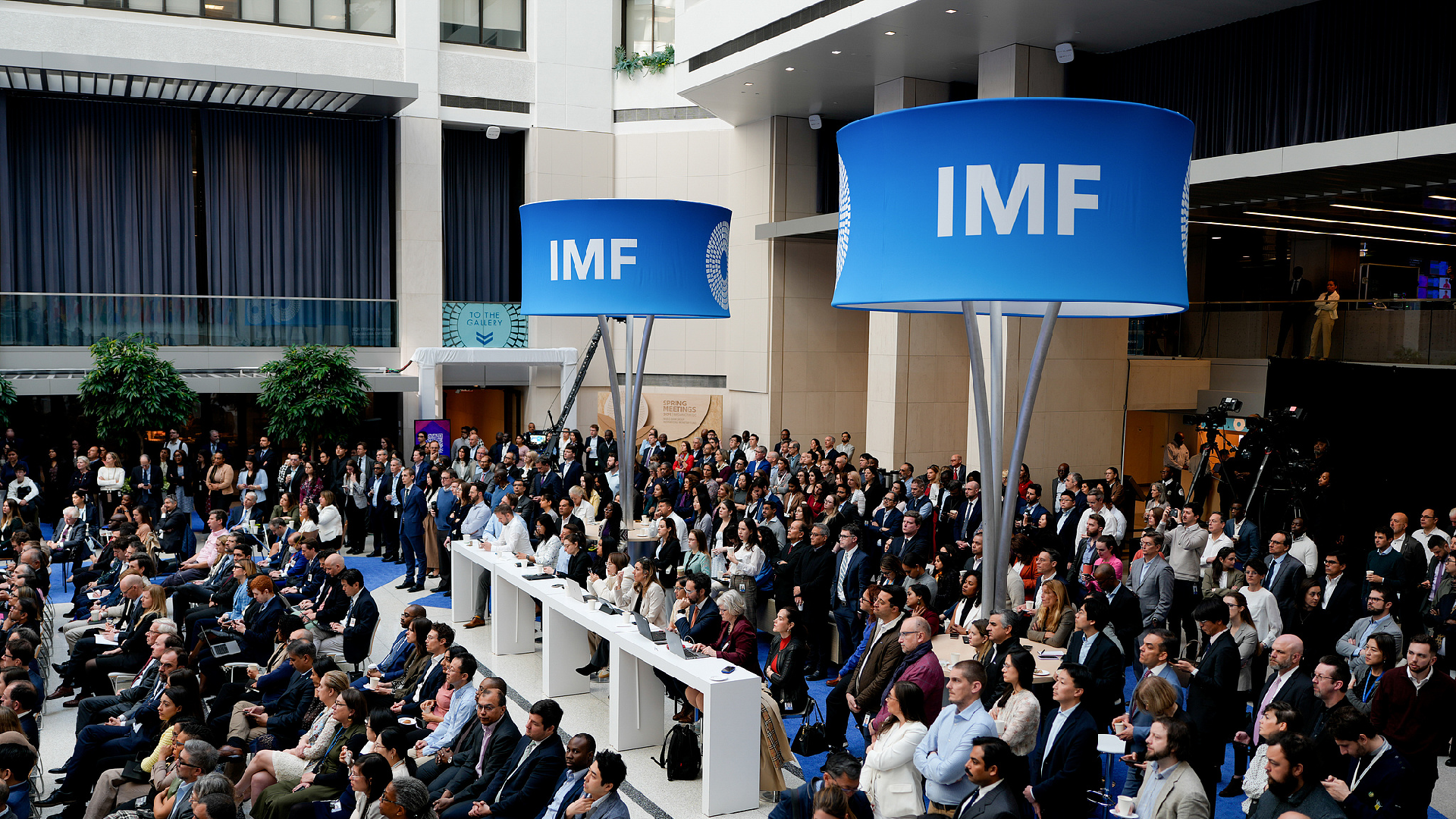IMF cuts worldwide growth projections amid escalating trade conflicts
The IMF has revised its global economic forecast for 2025, cautioning that rising trade tensions are driving the world deeper into a phase of economic fragmentation.

In its latest World Economic Outlook report, the IMF anticipates global GDP growth to be 2.8 percent in 2025 and to increase by 3 percent in 2026, a decline from earlier predictions of 3.3 percent for both years. These projections indicate a significant slowdown compared to the historical average of 3.7 percent observed from 2000 to 2019.
The report indicates that advanced economies will face some of the sharpest declines, with growth expected to reach just 1.4 percent in 2025.
Specifically, the United States' growth forecast has been revised to 1.8 percent, which is almost a full percentage point lower than the IMF's estimate from January.
Similarly, growth in the euro area is also projected to decelerate, now slightly adjusted to 0.8 percent.
Emerging markets and developing economies are predicted to experience a slowdown as well, with growth forecasted at 3.7 percent in 2025 and 3.9 percent in 2026.
The IMF attributed these downward revisions to decreasing demand, heightened economic uncertainty, and the consequences of newly imposed trade restrictions.
The organization noted that effective U.S. tariff rates have reached their highest levels in a century, following extensive tariffs introduced in early April. These tariffs, which encompass significant duties on imports, industrial metals, and automobiles, have prompted swift retaliatory measures from major U.S. trading partners.
The resulting increase in trade barriers has notably transformed the global economic landscape, according to the IMF.
In addition to the immediate effects on growth, the IMF cautioned that escalating trade tensions have generated several downside risks to the economic outlook. These include potential asset market corrections, fluctuations in exchange rates, sovereign debt crises, particularly in low-income nations, and possible social unrest stemming from ongoing cost-of-living pressures alongside broader disruptions to the international monetary system.
In its conclusion, the IMF emphasized the necessity of urgent global coordination to re-establish stability.
It encouraged governments to strive for clear and predictable trade policies, enhance their fiscal positions, and implement structural reforms to bolster long-term resilience. The IMF also stated that central banks should continue to adjust their policy tools to balance the need for inflation control with supporting growth in an increasingly complex global landscape.
Max Fischer for TROIB News
Find more stories on Business, Economy and Finance in TROIB business












